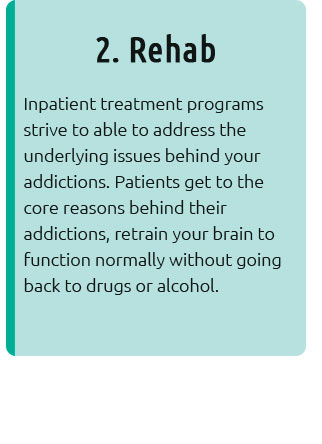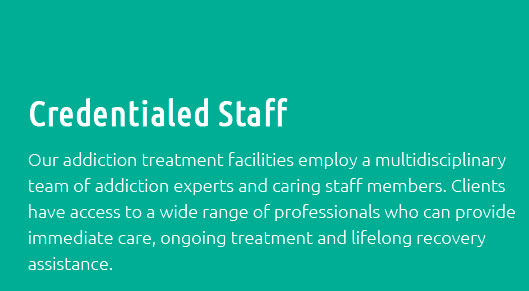 |
 |
 |
 |
 |
 |
||
 |
 |
 |
 |
 |
 |
 |
||
 |
||
 |
||
 |
 |
 |
|
 |
|
Understanding the Dynamics of Inpatient FacilitiesInpatient facilities are integral to the healthcare landscape, providing critical services to individuals requiring intensive medical supervision. These facilities are designed to cater to patients who need constant medical attention and care, often due to severe illnesses or post-operative recovery needs. The structure and function of inpatient facilities vary widely, but they share a common goal: to offer a safe, supportive environment conducive to healing and recovery. When exploring the world of inpatient care, it's essential to understand the types of services these facilities offer. Typically, inpatient facilities can be categorized into several types, including hospitals, rehabilitation centers, and psychiatric institutions. Each of these has specialized staff and resources tailored to address specific health needs.
The choice of an inpatient facility often depends on various factors, including the specific health condition, the level of care required, and, importantly, the patient's personal preferences and needs. It's crucial for patients and their families to thoroughly research their options, taking into account the facility's reputation, the quality of care provided, and the qualifications of the healthcare staff. Additionally, the location of the facility can be a significant factor, as proximity to family and friends can play a vital role in a patient's recovery process. While some individuals may feel apprehensive about the idea of staying in an inpatient facility, it's important to acknowledge the substantial benefits they offer. Inpatient facilities provide a structured environment where patients can focus solely on their recovery, free from the distractions and stresses of daily life. The availability of immediate medical care and the opportunity for regular monitoring and adjustment of treatment plans can significantly enhance recovery outcomes. In conclusion, inpatient facilities are a cornerstone of the healthcare system, offering indispensable services to those in need of intensive medical care. By understanding the various types of inpatient facilities and what they offer, individuals and families can make informed decisions that align with their healthcare needs and preferences. This knowledge not only helps in selecting the appropriate facility but also in ensuring that patients receive the best possible care during their stay. https://online.regiscollege.edu/blog/inpatient-vs-outpatient/
Several facility types fall under this category, including acute care facilities, rehabilitation centers, addiction treatment facilities, psychiatric hospitals, ... https://courses.lumenlearning.com/atd-clinton-hsm111/chapter/types-of-inpatient-facilities/
Types of inpatient facilities include acute-care hospitals, rehabilitation centers, psychiatric hospitals, addiction treatment centers and nursing homes. https://www.hcafloridahealthcare.com/specialties/mental-health-and-wellness/inpatient-mental-health-care
Our hospital's inpatient mental health facilities across Florida offer specialized treatment programs for anyone struggling with mental health conditions.
|